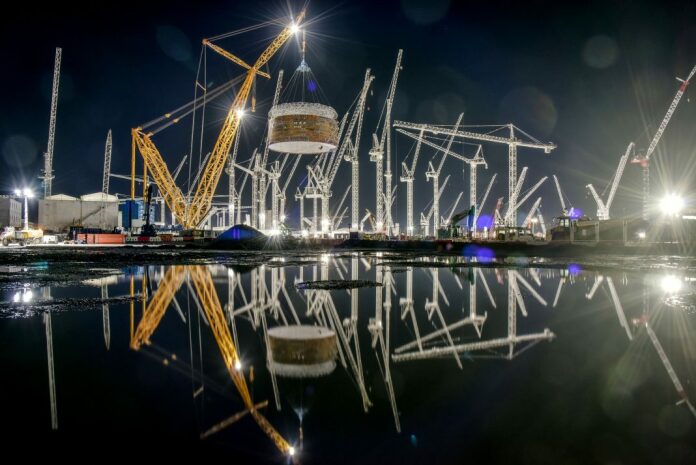Hinkley Point C power station near Burnham-On-Sea will open a year later than planned and cost up to £3 billion more than previously thought, French electricity giant EDF has announced this week.
The total cost of building Hinkley Point C, which aims to provide seven percent of Britain’s total power needs, had already risen to as much as £23 billion and had been due to start generating power in June 2026.
Hinkley Point is Britain’s first new nuclear power plant in more than two decades.
“The start of electricity generation for Unit 1 is targeted for June 2027, the risk of further delay of the two units is assessed at 15 months, assuming the absence of a new pandemic wave and no additional effects of the war in Ukraine,” said EDF in a statement issued last night (Thursday), adding that costs were now estimated between £25-26 billion.
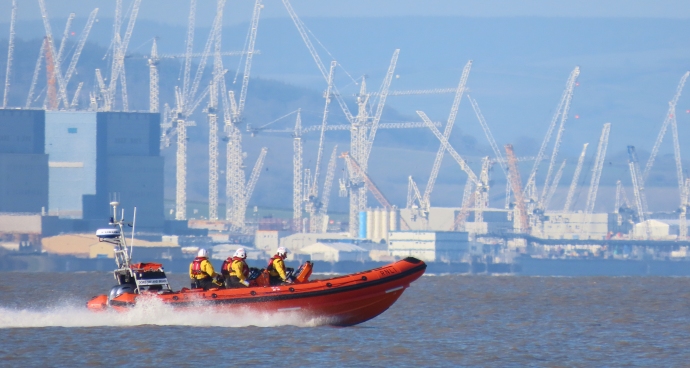 EDF says in its statement that there should be no additional cost to British consumers.
EDF says in its statement that there should be no additional cost to British consumers.
“During more than two years of the Covid-19 pandemic, the project continued without stopping. This protected the integrity of the supply chain and allowed the completion of major milestones. However, people, resources and supply chain have been severely constrained and their efficiency has been restricted.
“In addition, the quantities of materials and engineering as well as the cost of such activities, including, in particular marine works have risen,” it adds.
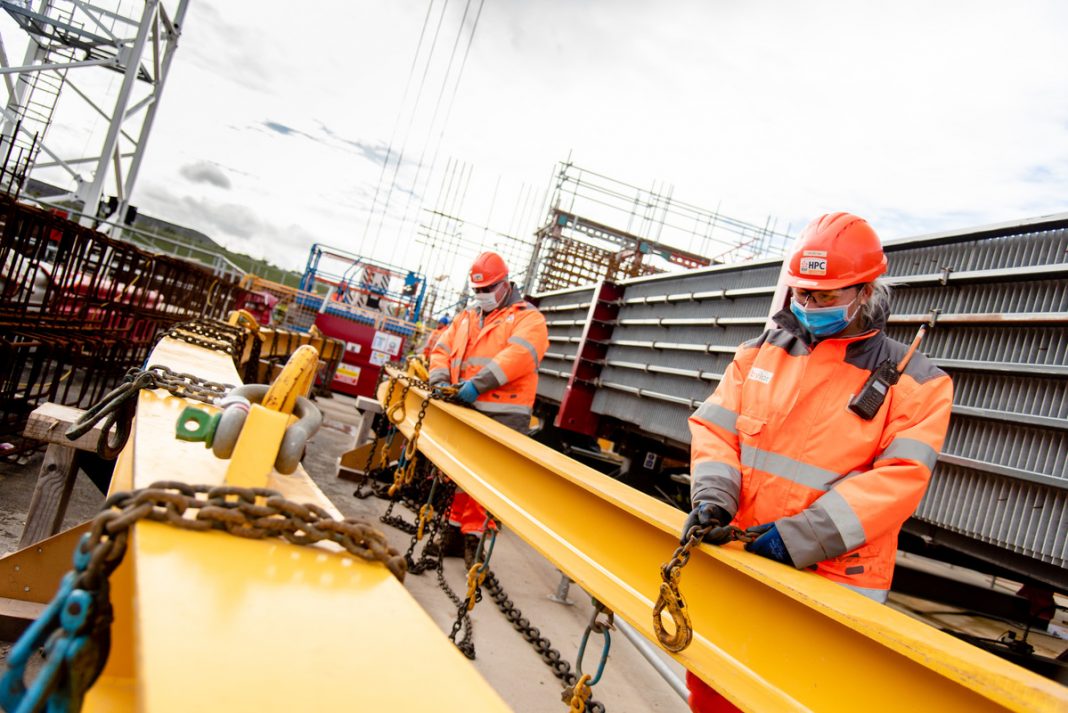
Britain has a total of 15 nuclear reactors at eight sites around the country, but many of them are now approaching the end of their lifespan. There have been calls recently for Hinkley Point B’s life to be extended to help the country deal with the energy crisis.
However, the government wants to maintain the 20 percent of electricity it generates from nuclear to help meet its pledge to reduce carbon emissions to net zero by 2050 and tackle climate change.
In a public message to staff, Stuart Crooks, Managing Director at Hinkley Point C, added: “You will all have experienced the severe impact of Covid-19 on the project over the last two years. You will remember how we suddenly had to cut numbers on site from more than 5,000 to around 1,500. For many months after that, we remained far below our plan for site numbers as our ability to fully ramp up activity was thwarted by the need for measures to prevent infection.”
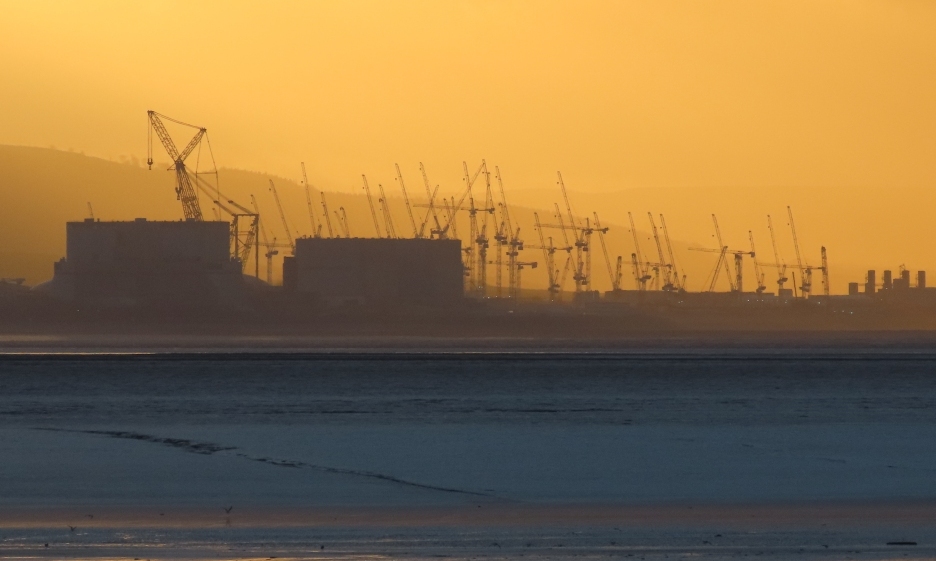
“Keeping workers safe with social distancing in canteens, buses and at work meant we had no choice but to become less efficient. We prioritised critical areas of Unit One by focusing limited resources where they mattered most and we slowed or stopped work elsewhere.”
“In civil construction alone, having fewer people than planned means we lost in excess of half a million individual days of critical work in 2020 and 2021. Our supply chain was also hit hard and is still impacted now. In April 2020, 180 suppliers were fully shut down, but even as late as February this year, more than 60 suppliers were operating with reduced productivity due to Covid.”
“Stopping altogether would have had a devasting impact on the project and its suppliers. We found ways to continue during the pandemic whilst keeping workers and the community safe. Your resilience and patience kept us moving forward. Thank you. I know it was sometimes tough at work and at home – especially as many of you were also caring for children and loved ones.”
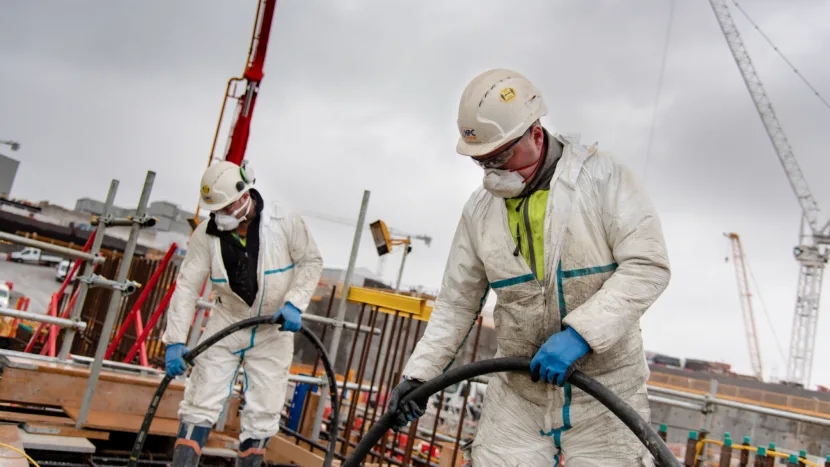
“In January 2021, we estimated a six-month Covid impact, assuming an imminent return to normal conditions. The second wave of Covid-19 stopped that happening. In total, the start date for Unit 1 has gone back 18 months since construction started in 2016. In such a complex project, it wouldn’t be credible to say we can measure exactly how much of this is due to Covid-19 impact, but it is clearly in excess of 12 months.”
“Other factors have affected the schedule and costs since we began. Adapting the reactor design for UK-specific regulations has required more engineering time and more materials. The completion of our most detailed “execution” design will give Sizewell C a major head-start with more certainty on costs and quantities. As we progress on Unit 2, all the evidence shows that the fastest way to get more nuclear for Britain is to repeat the same design with no changes. This experience will provide a major boost for Sizewell.”
“Marine works have also cost more, although they are now in a good position – with legal hurdles finally cleared to allow the team to get on with the job. Running the site for longer and less efficiently during the pandemic also adds cost. We are facing the same issues as other major projects with UK-wide supply and labour shortages and inflation. We are working hard to mitigate these issues with cost always a key focus – as part of Safety, Quality, Time and Cost priorities.”

